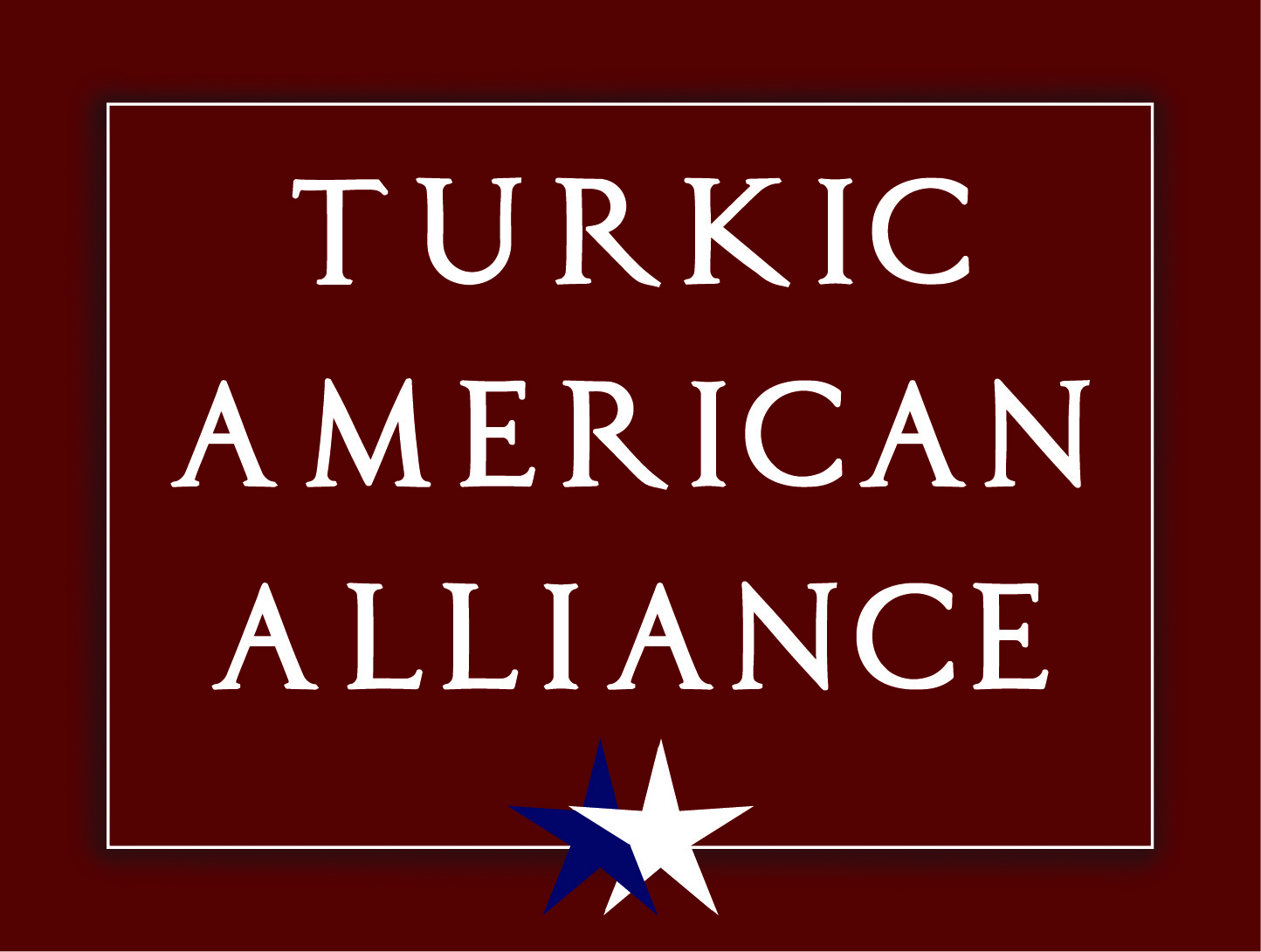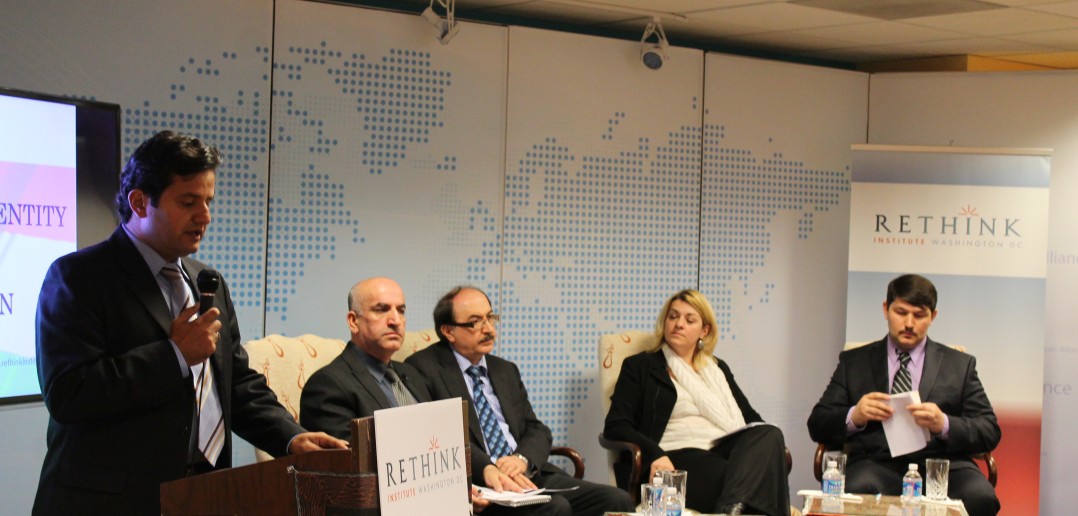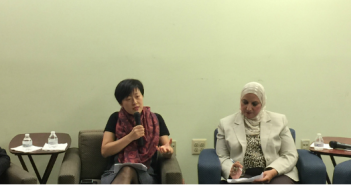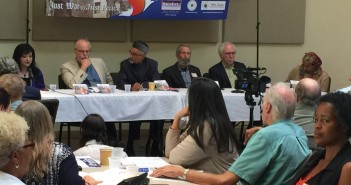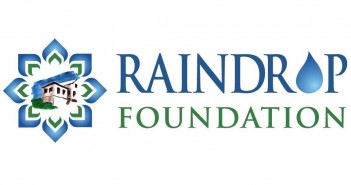On October 11, 2012, Rethink Institute organized a panel discussion entitled “Politics of Identity in Tajikistan” with Ambassador Nuriddin T. Shamsov of the Republic of Tajikistan, Research Professor of International Affairs Dr. Marlene Laruelle from the George Washington University and Research Fellow Vladimir Fedorenko of the Rethink Institute. The discussion was moderated by Bayram Balci, Visiting Scholar at Middle East Program of Carnegie Endowment.
In the aftermath of the collapse of the Soviet Union, Tajikistan faced enormous challenges while trying to forge a new Tajik identity. It inherited dysfunctional and obsolete political and economic institutions that were not suited to deal with new challenges of a multiethnic society, religious extremism, and civil disorder. Tajikistan’s current identity issues and social cleavages are the very products of this difficult transformational era. So, what does it mean to a be a Tajik national nowadays? This panel aims to address this question and shed light into identity-building process in Tajikistan.
Dr. Fevzi Bilgin Director of the Rethink Institute warmly welcomed distinguished guests and gave the word to Dr. Balci.
Then, Dr. Balci talked about the event’s importance and introduced distinguished guests.
Ambassador Shamsov mainly talked about the constitution, government’s structure in terms of becoming a citizen of the Republic of Tajikistan. According to the Ambassador, Tajikistan government provides the basic rights of the citizens to be a proud citizen of the country no matter what ethnicity, religion, etc.
Dr. Laruelle discussed about the supranational identity problems of Tajikistan. As she determined there have been Central Asian in other words Turkistan, Persian speaking and the Islamic identities since the establishment of the republic. Dr. Laurelle also added six elements including rural-urban trade, diaspora identity, evelutionary identity etc, that affect the identity problems. In this regard, her talk was very informative to understand the identity question in Tajikistan and the Tajiks who live abroad.
In his turn, Mr. Fedorenko discussed identity problems in Tajikistan arise not mainly because of the structure of the government but from the daily basis practices of the life. It is hard to mention that all ethnic groups lived peacefully during the Soviet time is not easy to see now. That kind of ethnic based identity problems also affect the business in the country. Therefore, as Mr. Fedorenko mainly focused on passing from ethnic to civic nationalism, he underlined importance of civic nationalism and to create those kinds of policies.
